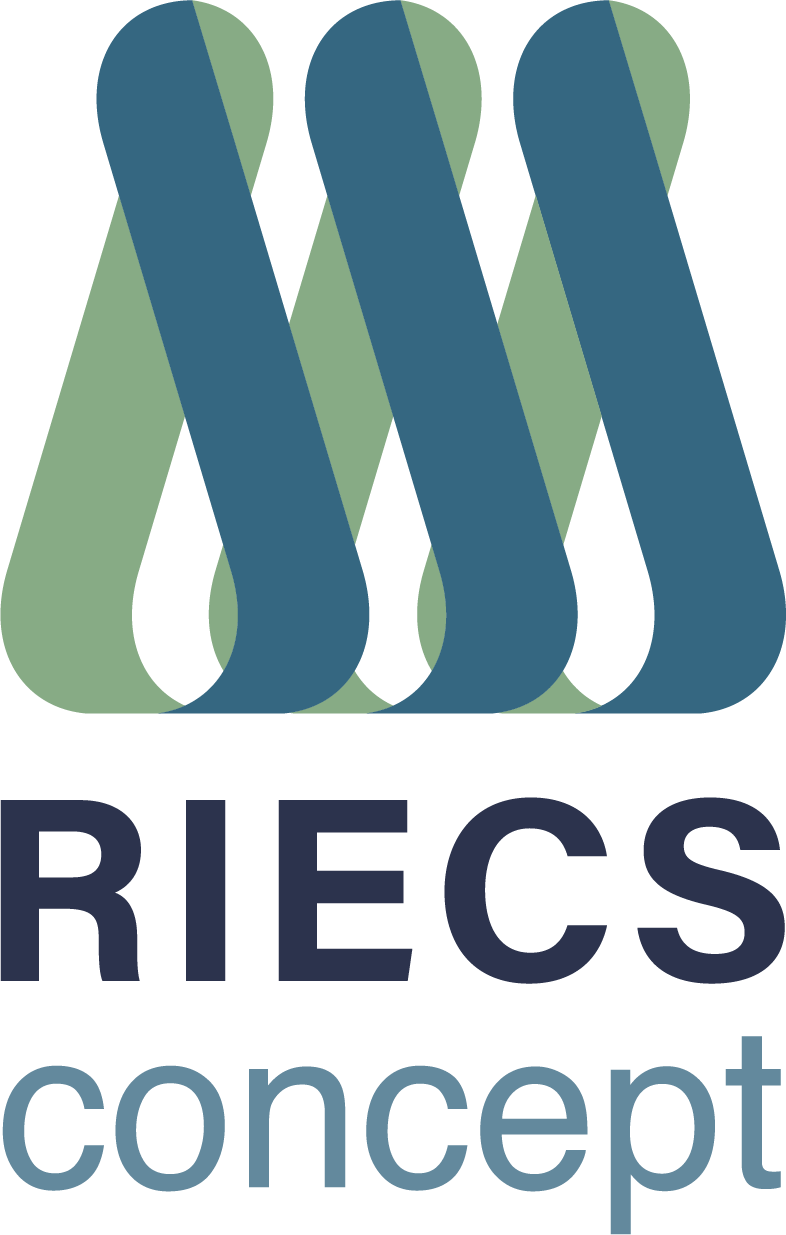
Citizen Scientists Shape the Future of Collaborative Research

📢 On 3 October 2025, a select group of citizen scientists gathered in Vienna for an interactive workshop organised by the OeAD Centre for Citizen Science ❗

Bringing Citizen Scientists into the Design Process
✳️ The workshop brought together twelve citizen scientists, active in fields ranging from nature observation and archaeology to civic-good projects. Participants reflected on their experience of citizen science to date: how they contribute, where the obstacles lie, and what they imagine a future infrastructure should enable.
✳️ Through creative exchange, the group formulated visions for a future citizen science infrastructure, one that better facilitates participation, expands accessibility, and integrates citizen contributions more fully into the research lifecycle. These outcomes feed directly into the conceptual design of the RIECS-Concept project.

Key Insights & Takeaways
📌 Based on the workshop documentation and the article, several themes emerged as especially important:
1. Barriers to participation
Citizen scientists identified hurdles such as:
✅ Technical or logistical entry-points (tools, platforms).
✅ Lack of feedback or recognition of their contributions.
✅Limited opportunities to influence research design, not just data collection.
✨ These reflect broader findings in citizen science scholarship regarding motivations, barriers and infrastructure needs ✨
2. Co-design and infrastructure matters
✳️ Rather than a purely researcher-driven model, the workshop emphasised that citizen scientists want to shape infrastructure: the portals, data services, and platforms that support citizen science. The RIECS-Concept project aims to deliver a conceptual design and five-year implementation plan for just such an infrastructure.
3. Diverse domains, unified ambitions
✳️ Although participants came from different research domains, their shared ambition was meaningful: to make citizen science more accessible, visible and embedded within the research ecosystem.
✳️ The implication: infrastructure should not be siloed, but cross-domain, interoperable, and inclusive.
4. The promise of Europe-wide collaboration
✳️ Running across eight European countries with thirteen partners, RIECS-Concept exemplifies a continental-scale approach to citizen science infrastructure. The workshop is a first step in aligning the grassroots of citizen scientists’ voices with high-level infrastructure planning.
❗ The Vienna workshop showcases an important shift: citizen science infrastructure is no longer just about the research project, but about the system that supports collaborative research. For those of us working in marketing, science communication, public engagement or stakeholder research, this presents a rich terrain: how to design interfaces, platforms, incentives, storytelling, motivation and recognition for non-professional scientists.
✨ The RIECS-Concept project provides a living example of how those elements can converge ✨
Published 2025-11-26
